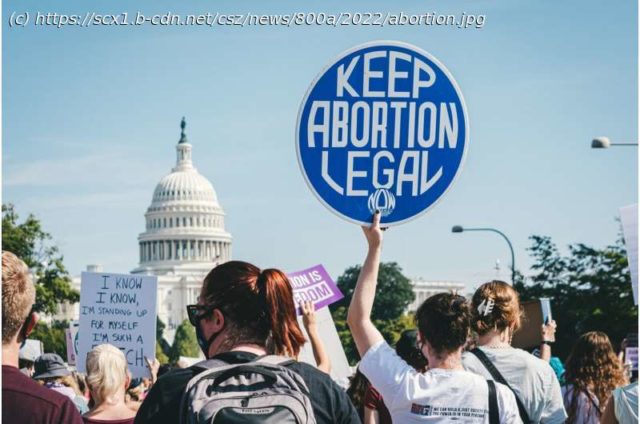Abortion is on the agenda not just in the United States but worldwide.
Abortion is on the agenda not just in the United States but worldwide.
A majority of people in developed democracies increasingly favor abortion rights and self-determination. And, in most places, laws are shifting to reflect public opinion. Since 2020, Argentina, Colombia and Mexico, among others, have legalized abortion. In 2024, France adopted the right to an abortion as a “guaranteed freedom” in its constitution.
At the same time, on every continent, some modern democracies are rolling back reproductive rights, among them Poland, Brazil and the U.S.
My new study, Abortion Rights Backlash, traces the relationship between abortion rights and democracy worldwide. Comparing progress in Argentina and California with the regression of Poland, Texas and beyond, I found that expanding abortion rights strengthens democracy, while restricting reproductive freedom weakens it.
Unsafe abortions kill or maim tens of thousands of pregnant people every year globally, and access to safe abortion is considered a fundamental right in international law.
The struggle for abortion rights, then, is a test of democracy. It signals whether citizens have control of their bodies and can influence decision-making on their fundamental rights.
This process has been playing out in the U.S. since 2022, when the Supreme Court ended federal protection for the right to get an abortion. Abortion has since been on the ballot in seven state elections, and in every case people have voted to protect reproductive rights.
A majority of Americans support legal abortion, and upcoming referendums in 10 more states are expected to reflect this democratic sentiment.
Argentina’s path to legalizing abortion in 2020 shows how mobilizing for reproductive rights builds democracy.
The Argentine abortion-rights movement, which began after the end of the country’s military dictatorship in 1983, bolstered the country’s most representative democratic institutions and increased women’s political participation. It also forged new forms of solidarity between marginalized groups.
Under Argentina’s ruling military junta, which was aligned with the Catholic Church, contraception and even divorce had all been banned. The country began steadily expanding women’s rights starting in 1985, when the newly democratic government signed the Convention on the Elimination of All Forms of Discrimination Against Women, a United Nations agreement obliging it to protect women’s rights.
Home
United States
USA — IT Expanding abortion access strengthens democracy, while abortion bans signal broader repression—worldwide study






